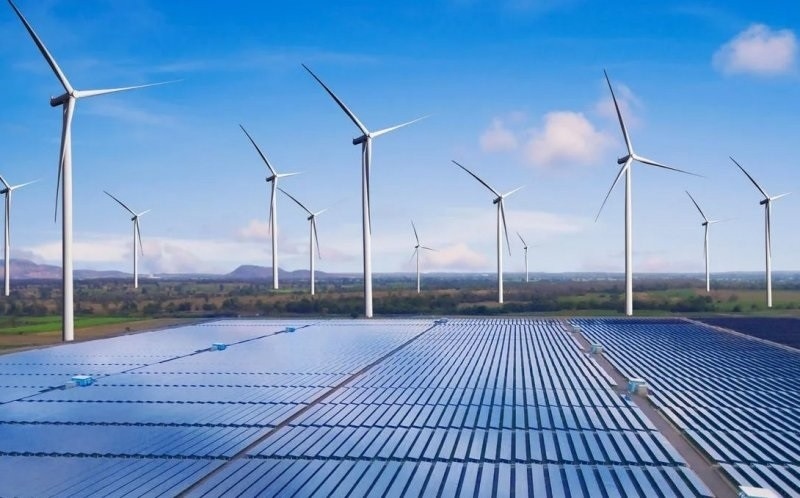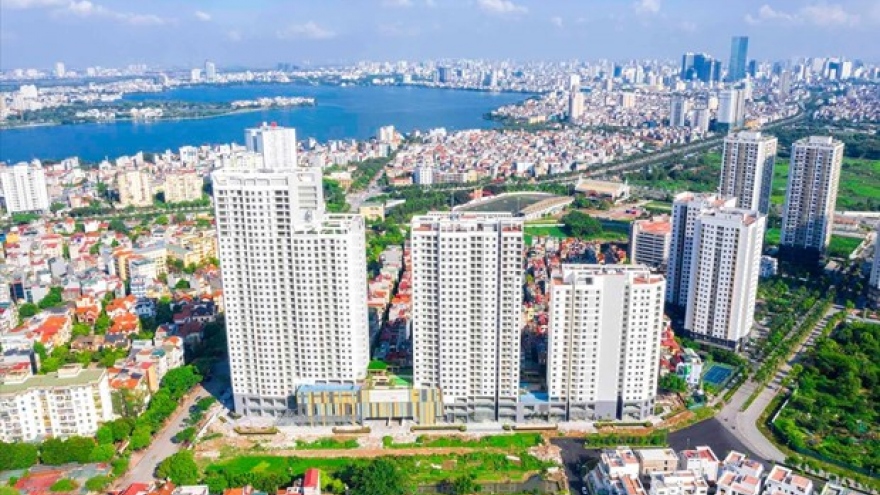What will Vietnam do to receive fourth wave of FDI?
VOV.VN - Vietnam has been advised to further perfect its institutions and policy formulation in order to attract more foreign businesses from its upcoming fourth investment wave.

Statistics indicate that the country attracted more than US$6.17 billion in foreign direct investment (FDI) during the first quarter of the year, representing an increase of 13.4% from the corresponding period last year. About US$4.63 billion worth of FDI was also disbursed throughout the reviewed period, up 7.1% year on year.
FDI attraction is widely considered to be an important driving force behind the Vietnamese economic recovery this year following the success it reaped in 2023. Despite a 12% decrease in FDI attraction recorded in Asia last year, Vietnam was an exception as it drew more than US$36 billion from foreign businesses, up 32% compared to the previous year.
Currently there are more than 49,000 FDI enterprises operating in the Vietnamese market, and FDI inflows are anticipated to be on an upward trajectory this year thanks to the need to diversify the supply chain of multinational manufacturers, coupled with the country’s socio-political stability, steady economic growth, and qualified workforce.
Experts say that the country is being given the opportunity to receive a fourth wave of FDI that is focused on high-tech fields such as electronics, semiconductors, artificial intelligence, and renewable energy.
In anticipation of this wave, Prof. Nguyen Mai, head of the Vietnam Association of Foreign Invested Enterprises, has suggested that Vietnam should prioritise perfecting institutions and legislation, completing the transformation of state-owned enterprises to adapt to market mechanisms and international integration, whilst also promoting the development of the private sector.
He underscored the necessity of modernising socio-economic infrastructure, especially clean energy infrastructure to meet the Net Zero commitment, along with increasing investment in digital infrastructure to support the ongoing digital government, digital economy, and digital society goals.
He also recommended accelerating administrative reform, with a primary focus on cutting unnecessary procedures that may cause trouble for people and businesses.
Many experts have shared that the country has attracted an abundance of FDI. However, its policy in response to climate change is relatively new, and its green growth strategy has only just been applied.
It is therefore necessary for Vietnam to complete policies on climate change response, as well as on green classification, green incentives, green investment, and green ecosystems, in a bid to facilitate green projects in future.
In addition, they say that the country should focus on developing human resources to respond to green technology, transfer of green knowledge, and the formation of green industries in the region, such as green hydrogen and green component manufacturing to make the most of available advantages.

